It is no longer the CAP that will shape EU agriculture. The Farm to Fork and Biodiversity strategies will too, Mairead McGuinness, MEP and first vice-president of the European Parliament, has said.
At farm level, the plan sees less fertilisers, less pesticides and the reduced use of antimicrobials, as well as a significant increase in the area of land under organic farming. Where legislation already exists on sustainable use of inputs, strict implementation is required, the MEP said.
Over 30m Europeans don’t have access to quality food, and 20% of food is wasted and thrown away
“Consumers are to be provided with more nutritional and sustainability information about the foods they buy, to address what the Commission sees as poor dietary choices, with obesity on the increase, while over 30m Europeans don’t have access to quality food, and 20% of food is wasted and thrown away,” she said.
High-quality food
The food supply chain has shown remarkable resilience during the coronavirus pandemic with few reports of empty supermarket shelves, she said.
“And the Commission recognises that European food is safe, plentiful, nutritious and of high quality. But this comes at an unacceptable cost, with the food chain one of the key drivers of climate change and environmental degradation.”
She said the Farm to Fork strategy recognises that farmer incomes are around half that of the average worker in the economy as a whole.
“It sees an opportunity for farmers in improving their income position by meeting the demands of some consumers who have concerns around high environmental, health and ethical issues.”
For the processing and retail sectors, a code of conduct is proposed for good practice around food.
McGuinness said there is already a lot of work going on in Ireland to address the biodiversity climate and environmental challenge, “including a significant number of farmers who are farming for nature and who can show the way forward”.
Carbon storage
A new market is proposed for carbon stored on farms, giving the possibility of a new income stream for farmers with high-emitting industries willing to pay for carbon storage. Equally, farmers with high emissions could be paying those with a positive carbon balance, she said.
“These new initiatives are all part of the EU Green Deal, which targets climate neutrality by 2050. This target is important to address the climate and environment challenges. It means that all sectors, including agriculture will need to reduce emissions,” she said.
The MEP said the Farm to Fork strategy aims to achieve fairer economic returns in the food chain.
“However, achieving that is going to need a forensic look at food pricing and how value added in the supply chain is distributed.”
Commission needs to ensure active farmers benefit from financial support
Sinn Féin MEP Chris MacManus said the strategy will fail if it does not deliver better income for farmers.
MacManus, who sits on the EU Parliament’s agriculture committee, said: “The Farm to Fork strategy released by the European Commission sets ambitious environmental targets but it also promises to improve incomes and ensure financial support goes to farmers who work and maintain the land rather than ‘entities and companies who merely own farmland’.
“For me, this is the key issue because environmental targets will only be reached if farmers are adequately supported.
“The European Commission needs to follow through on ensuring it is active farmers who ultimately benefit from financial support, and that supports translate into decent incomes.
“We have heard similar promises in the past and seen repeated failures to affect any real change. Many farmers are still struggling to make a living,” he said.
Trust
MacManus said that trust is at an all-time low between many farmers and the European Commission after the Commission announced plans to severely cut CAP funding.
“This budget proposal is currently being revised, leaving farmers with ongoing uncertainty about the future.
“The Farm to Fork strategy points to the need for ‘better targeting’ of income support to farmers’ which is undoubtedly true. However, better targeting of support can in no way be a substitute for adequate levels of funding.
This budget proposal is currently being revised, leaving farmers with ongoing uncertainty about the future
“There will also be concerns that the Farm to Fork strategy falls under the responsibility of the Commissioner for Health and Food Safety rather than the agricultural commissioner given the clear implications for farmers and rural communities,” he said.
He added that it should be ensured that these funds end up with active farmers who work and maintain the land.
Read more
Watch: new rules for land auctions
EU plan to pay farmers for carbon capture
It is no longer the CAP that will shape EU agriculture. The Farm to Fork and Biodiversity strategies will too, Mairead McGuinness, MEP and first vice-president of the European Parliament, has said.
At farm level, the plan sees less fertilisers, less pesticides and the reduced use of antimicrobials, as well as a significant increase in the area of land under organic farming. Where legislation already exists on sustainable use of inputs, strict implementation is required, the MEP said.
Over 30m Europeans don’t have access to quality food, and 20% of food is wasted and thrown away
“Consumers are to be provided with more nutritional and sustainability information about the foods they buy, to address what the Commission sees as poor dietary choices, with obesity on the increase, while over 30m Europeans don’t have access to quality food, and 20% of food is wasted and thrown away,” she said.
High-quality food
The food supply chain has shown remarkable resilience during the coronavirus pandemic with few reports of empty supermarket shelves, she said.
“And the Commission recognises that European food is safe, plentiful, nutritious and of high quality. But this comes at an unacceptable cost, with the food chain one of the key drivers of climate change and environmental degradation.”
She said the Farm to Fork strategy recognises that farmer incomes are around half that of the average worker in the economy as a whole.
“It sees an opportunity for farmers in improving their income position by meeting the demands of some consumers who have concerns around high environmental, health and ethical issues.”
For the processing and retail sectors, a code of conduct is proposed for good practice around food.
McGuinness said there is already a lot of work going on in Ireland to address the biodiversity climate and environmental challenge, “including a significant number of farmers who are farming for nature and who can show the way forward”.
Carbon storage
A new market is proposed for carbon stored on farms, giving the possibility of a new income stream for farmers with high-emitting industries willing to pay for carbon storage. Equally, farmers with high emissions could be paying those with a positive carbon balance, she said.
“These new initiatives are all part of the EU Green Deal, which targets climate neutrality by 2050. This target is important to address the climate and environment challenges. It means that all sectors, including agriculture will need to reduce emissions,” she said.
The MEP said the Farm to Fork strategy aims to achieve fairer economic returns in the food chain.
“However, achieving that is going to need a forensic look at food pricing and how value added in the supply chain is distributed.”
Commission needs to ensure active farmers benefit from financial support
Sinn Féin MEP Chris MacManus said the strategy will fail if it does not deliver better income for farmers.
MacManus, who sits on the EU Parliament’s agriculture committee, said: “The Farm to Fork strategy released by the European Commission sets ambitious environmental targets but it also promises to improve incomes and ensure financial support goes to farmers who work and maintain the land rather than ‘entities and companies who merely own farmland’.
“For me, this is the key issue because environmental targets will only be reached if farmers are adequately supported.
“The European Commission needs to follow through on ensuring it is active farmers who ultimately benefit from financial support, and that supports translate into decent incomes.
“We have heard similar promises in the past and seen repeated failures to affect any real change. Many farmers are still struggling to make a living,” he said.
Trust
MacManus said that trust is at an all-time low between many farmers and the European Commission after the Commission announced plans to severely cut CAP funding.
“This budget proposal is currently being revised, leaving farmers with ongoing uncertainty about the future.
“The Farm to Fork strategy points to the need for ‘better targeting’ of income support to farmers’ which is undoubtedly true. However, better targeting of support can in no way be a substitute for adequate levels of funding.
This budget proposal is currently being revised, leaving farmers with ongoing uncertainty about the future
“There will also be concerns that the Farm to Fork strategy falls under the responsibility of the Commissioner for Health and Food Safety rather than the agricultural commissioner given the clear implications for farmers and rural communities,” he said.
He added that it should be ensured that these funds end up with active farmers who work and maintain the land.
Read more
Watch: new rules for land auctions
EU plan to pay farmers for carbon capture




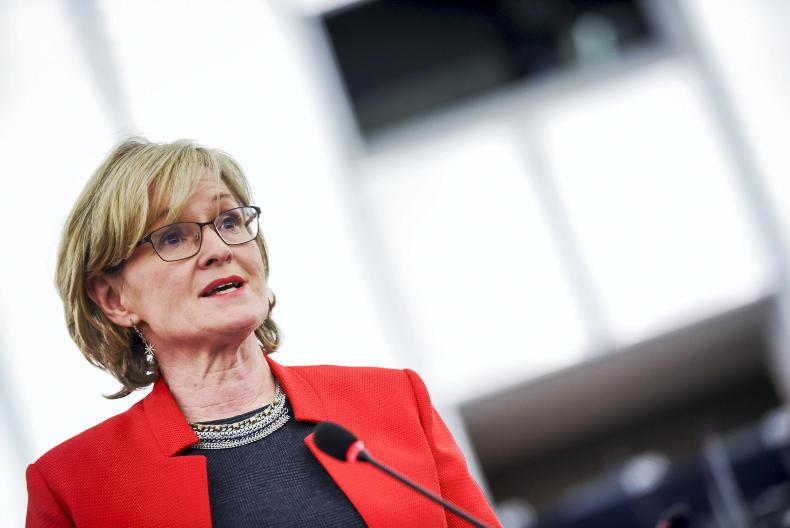
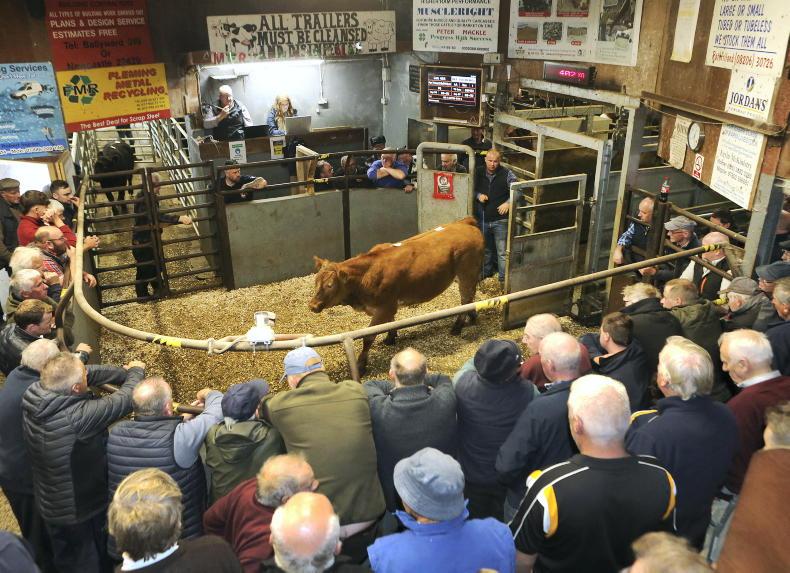

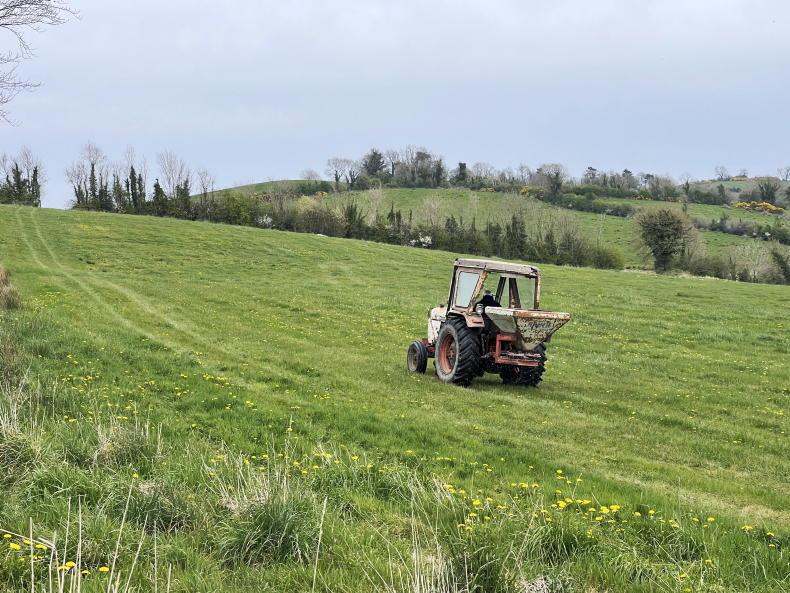
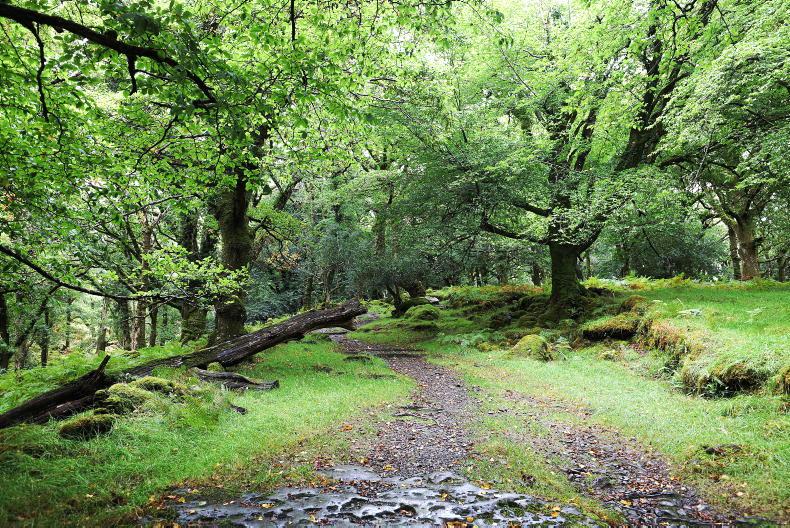
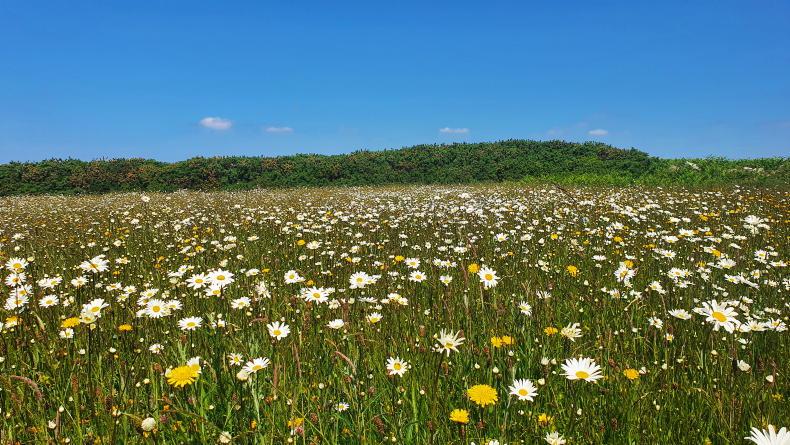
SHARING OPTIONS